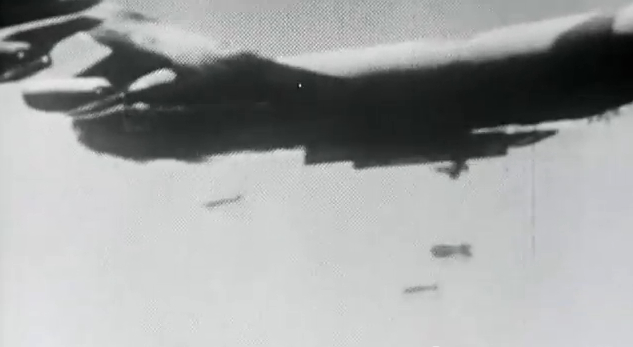Mark Eyskens, then Foreign Minister of Belgium, pithily described the EU as “an economic giant, a political dwarf, and a military worm” in 1991, just a few days before the start of the Gulf War, expressing exasperation at the lack of European unity in the run-up to that conflict. The rest of the decade would vindicate his views. While taking giant leaps forward in completing the single market and introducing a common currency, the EU’s diplomatic gestures failed to solve the bloody conflicts erupting on its doorstep as Yugoslavia disintegrated.
Instead, the United States and NATO took the lead, both in Bosnia in 1992-1995 as well as in Kosovo in 1999. This failure of EU foreign policy initiated a process of soul-searching, led by France and the United Kingdom, culminating in the activation of the Common Security and Defense Policy in 1999, designed to give the EU autonomous capabilities in security matters.
The simple existence of an independent European defense policy, and its increasing visibility since the Treaty of Lisbon, has once again raised questions about NATO’s continuing relevance in a world where an ever more integrating Europe is no longer the primary locus of geopolitical competition. The issue at hand is whether the two institutions can develop meaningful forms of cooperation, or will undermine each others work.
A Complicated Relationship
The relationship between NATO and the CSDP has always been awkward. The Alliance and the EU share a majority (22) of their members, and a former Secretary General of NATO, Javier Solana, has also been the High Representative for Common Foreign and Security Policy, the umbrella for the CSDP. In addition, the permanent representative to both military committees are double-hatted officials from the member countries.
EU-NATO cooperation is organized primarily under the Berlin-Plus framework. This agreement, signed in 2002, allows the use of NATO assets by the EU, under the condition that NATO declines to intervene in a given crisis.
In theory, the EU would be able to utilize the Allied planning system, as well as its command and control capabilities, if NATO employs its right of first refusal. However, Berlin-Plus has never been used for this purpose. Instead, the only situation for which it has been activated is post-conflict management, when NATO operations have been transformed into EU missions, such as in Macedonia and Bosnia and Herzegovina. While this has avoided the problem of duplication, it has not developed into an effective framework for co-operation, despite some further developments in the last decade.
Petty Politics
Furthermore, NATO-EU cooperation continues to be hampered by political conflicts, some petty, some substantial. The single largest obstacle to cooperation between NATO and the EU’s CSDP is the enduring political standoff between Turkey and the Republic of Cyprus. Turkey, a member of NATO but not the EU, has occupied the northern half of Cyprus since 1974, and does not recognize the legitimacy of the Cypriot government. Turkey therefore blocks meaningful cooperation between NATO and the CSDP from within NATO, and Cyprus blocks cooperation from inside the EU.
Secondly, there is the issue of the non-overlapping member countries. Officially neutral member states of the EU, such as Ireland and Austria, continue to be wary of close co-operation between the EU and NATO. However, their neutrality has arguably already been effectively rendered hollow by participation in the CSDP, as their participation in EU Battlegroups has shown.
The Road Ahead
With the United States and Canada rightly refocusing their foreign policies towards other regions of the globe, the Asia-Pacific in particular, Europe needs to take its security and the security of its near abroad into its own hand. This does not equal an end for NATO, however. The CSDP should become NATO’s pillar for European security issues, involving the United States and Canada only for matters of immediate concern to both sides of the Atlantic.
To do so, the CSDP should be given full access to NATO assets for the purpose of European defense, and the possibility of working through NATO’s bureaucracy without requesting US or Canadian authorization. The result would not only be a more equitable division of labor in NATO, but could also herald a reinvigoration of the Atlantic Alliance as such.




